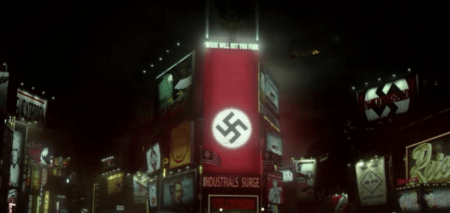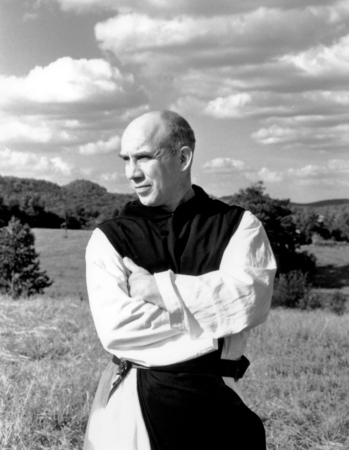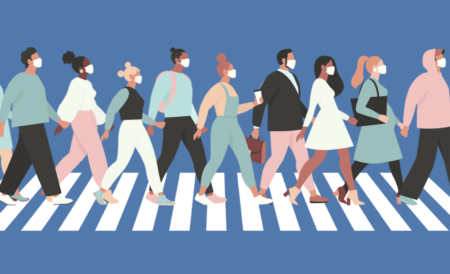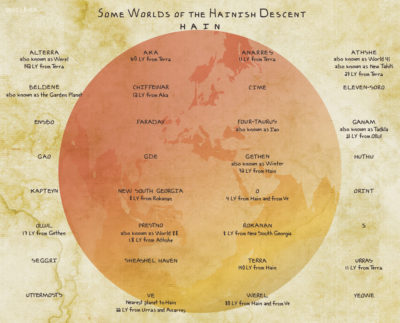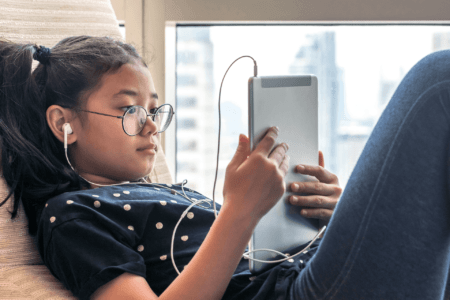So, I’ve spent a lot of time thinking and writing about the far right in the US. I do so not because I read history (though I do read history). Rather, I think lots of other people use historical analogies that don’t quite work. I think far-right politics in the US look and feel much different than those in, e.g., 1930s Italy and Germany.
At times, this puts me at odds with progressive and even leftist circles. Progressive authors – like Jason Stanley – draw analogies between Trumpism and ‘classic’ fascism. They do so, in part, in order to show the warning signs. We even see things like this in ‘Antifa‘ circles. Those circles focus on small militant groups in their early stages.
I don’t object to any of that, as far as it goes. But progressive work like Stanley’s tends to leave us with a misleading picture in mind of what authoritarianism would look like in the US.
Let’s take up that topic.
